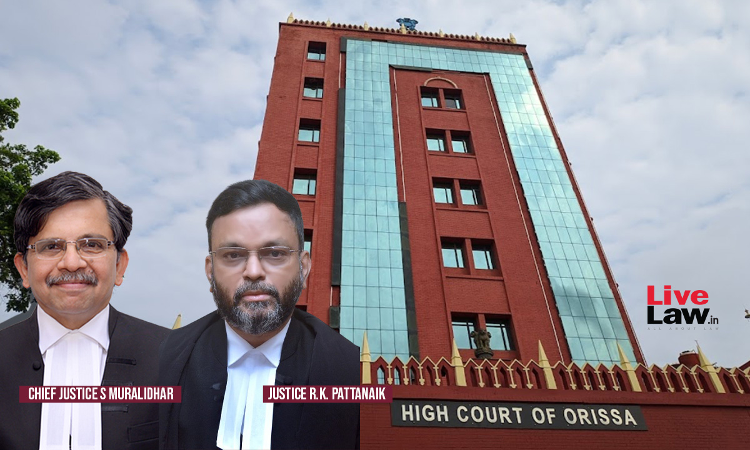In a significant decision, the Orissa High Court has held that the Vigilance Department of the State cannot be completely exempted from the operation of the Right to Information Act, 2005 ('RTI'). It directed that information pertaining to allegations of corruption and human rights violations and also information pertaining to activities undertaken by the Department, which are not...

